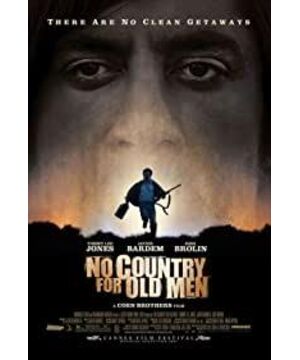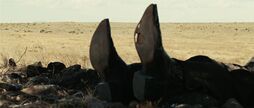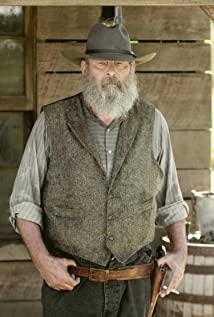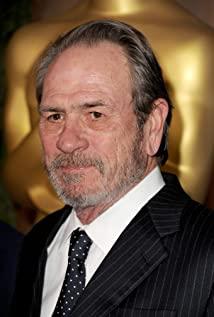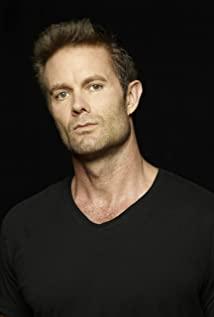After rethinking the title of the film, I finally realized that this is not a film about a murder case at all, but the director's confusion about himself when faced with young people replacing the previous generation.
First, figure out the symbols represented by several characters.
Murderers: Young people, new forces in society.
Cowboys, Sheriffs, and Victims: Older generations who were once the backbone of building society.
The murderers in the film represent a new generation of young people who are about to replace the previous generation to dominate the era. The most typical detail is the murderer's killing method. He abandoned the traditional gun (of course, he also used a gun later, after all, tradition is not so useless), and created a new model, which symbolizes the innovative spirit of young people.
The murderers killed were all elderly people, and the cowboys and police officers who confronted him were also representatives of the older generation. Cowboy is a retired colonel, he was brilliant, but he is also old.
The old people who were killed looked innocent: they were either just staying in a hotel, or they were well-meaning people who wanted to help a murderer who was parked on the road, or a certain boss who wanted to kill the murderer, or who used to be able to compete with the murderer. Cowboys for a while.
Murderers kill them, symbolizing the victory of young people over the previous generation, and finally seized the dominance of the times. This murderer's behavior is not out of evil or desire, but a symbol. The old and the new alternate. This is the trend of the times and it is inevitable. Therefore, there is no clear statement in the film that the murderer has murdered. for what purpose.
At first glance, the audience thinks that murderers are cruel, but in fact, looking back on our history, it is equally cruel that young people take the place of the old to be active on the social stage. Those old people who were once brilliant will eventually retire from the stage. It is not that the young people are cruel and do not give them a way to live, but that it conforms to the laws of nature.
The opening title tells the story of a previous generation: the police can keep people safe without having to carry guns. This is stating the values of the older generation.
The values of the old people are obviously more gentle and kind: the cowboy never forgets the man who asked him for water, even if he risks his life, he wants to save people; when he sees a murderer parked on the road, there will always be an old man who volunteers to help; In this era, police can maintain law and order without having to carry guns.
In contrast, the young murderer is fearless, smart (can get away calmly when he is arrested, stealing medicine at the drugstore in a memorable way), meticulous (does not miss any details of the scene, fights cowboys in the hallway) Turn off the lights and observe the direction of the cowboy's footprints, etc.), strong (sterilize himself and take shrapnel), confident (decide with a coin whether to stay alive means he insists on using his own laws to survive and not the laws of the public).
But now everything has changed, the old people feel that they are not suitable for this era, they are facing the challenge of the new generation. The old people feel lost and at a loss.
Let's look at the ending of the murderer. In fact, the film has an ending: the murderer is seriously injured in a car accident, and he buys shirts from passing teenagers. This scene has happened once: a cowboy, wounded by a murderer, buys a coat from a passing teenager.
The placement of these two similar plots is to show that "young people will eventually take the same path as the previous generation". Everyone has an old day, you seem strong now, but in the end, you will also become old people, and you will have the same confusion and loneliness as we do.
In the end, the lonely figure of the murderer on the road is interesting. Throughout the film, he used to be invincible and do whatever he wanted, but at this time he seems extraordinarily lonely.
At the end of the film, the old sheriff's self-reporting makes the audience the most confused. In fact, he is also confused. He used to be so powerful, but now he can't even catch a prisoner or even follow in the footsteps of the prisoner. Where should he be and what should he do? ? When you are old, where do you want to live? His confusion and helplessness are the loss and emptiness of all the previous generation who had to abdicate.
Times belong to young people, no matter how old people struggle.
To quote the line at 1 hour 47 minutes in the film: You can't stop everything that's coming.
View more about No Country for Old Men reviews


